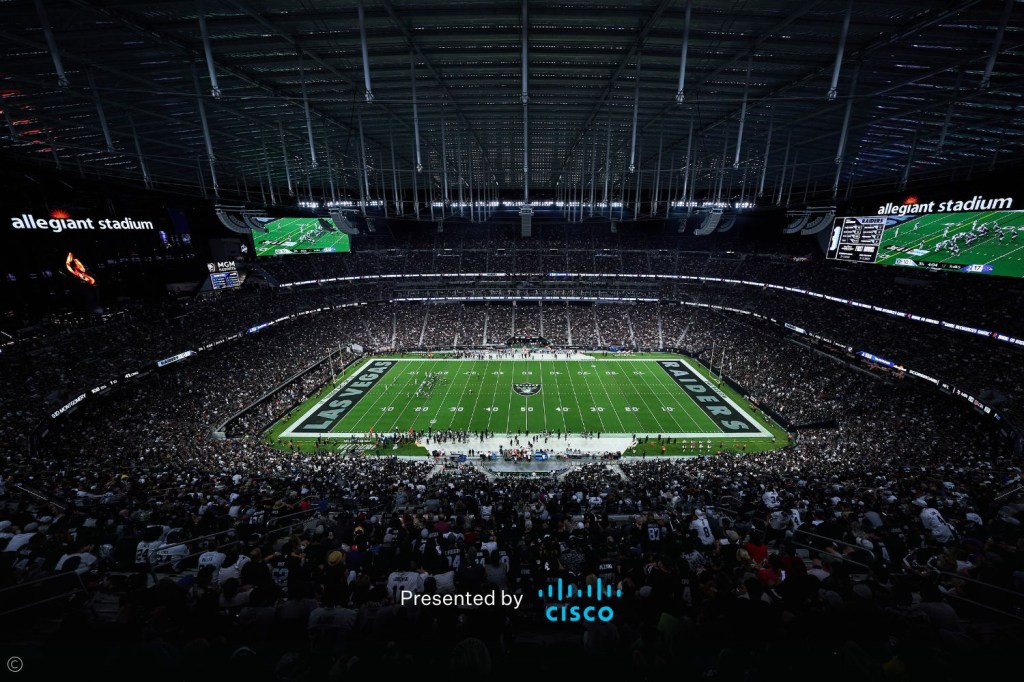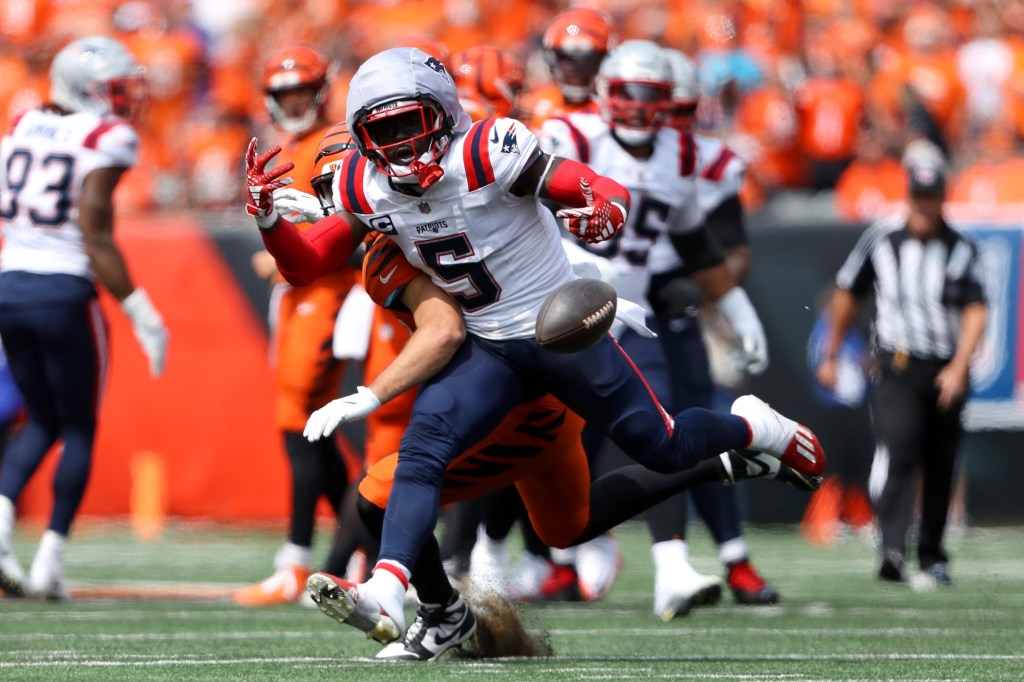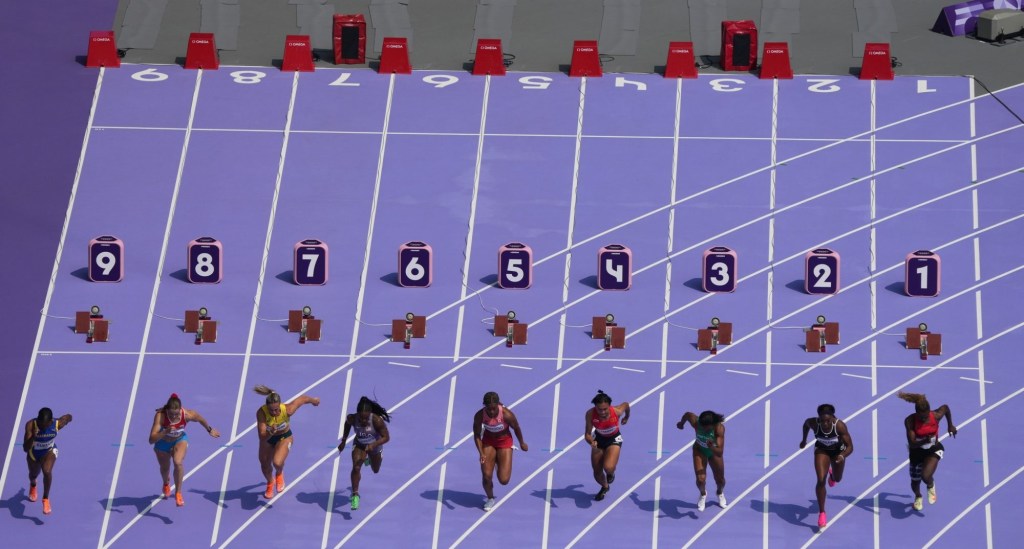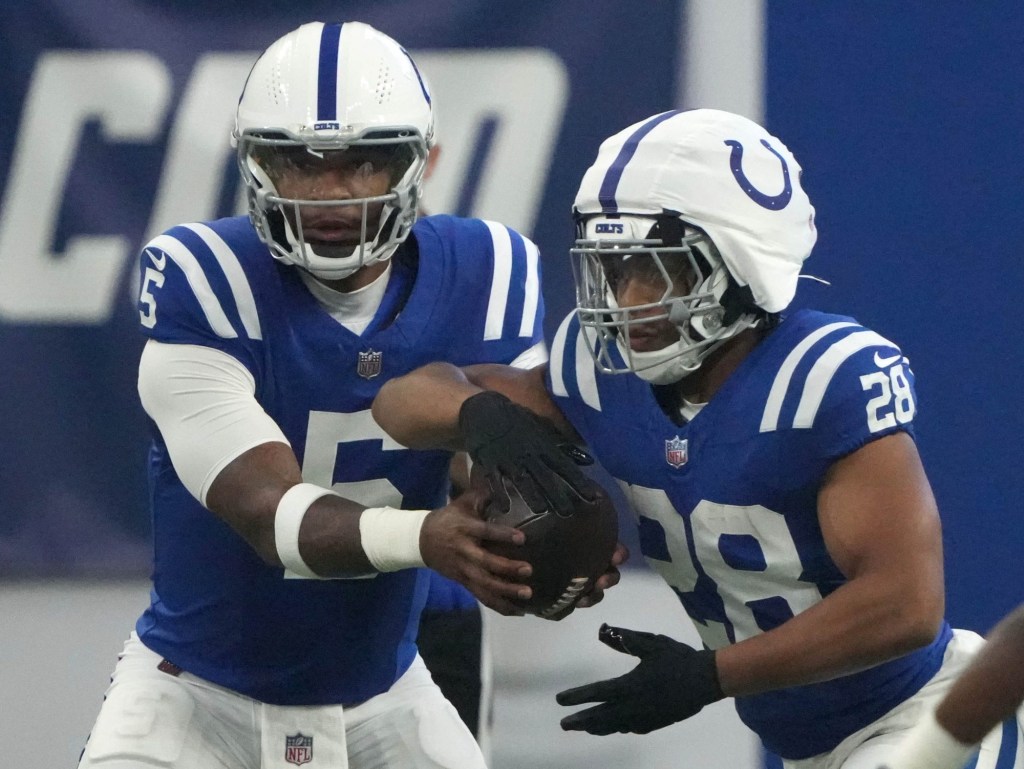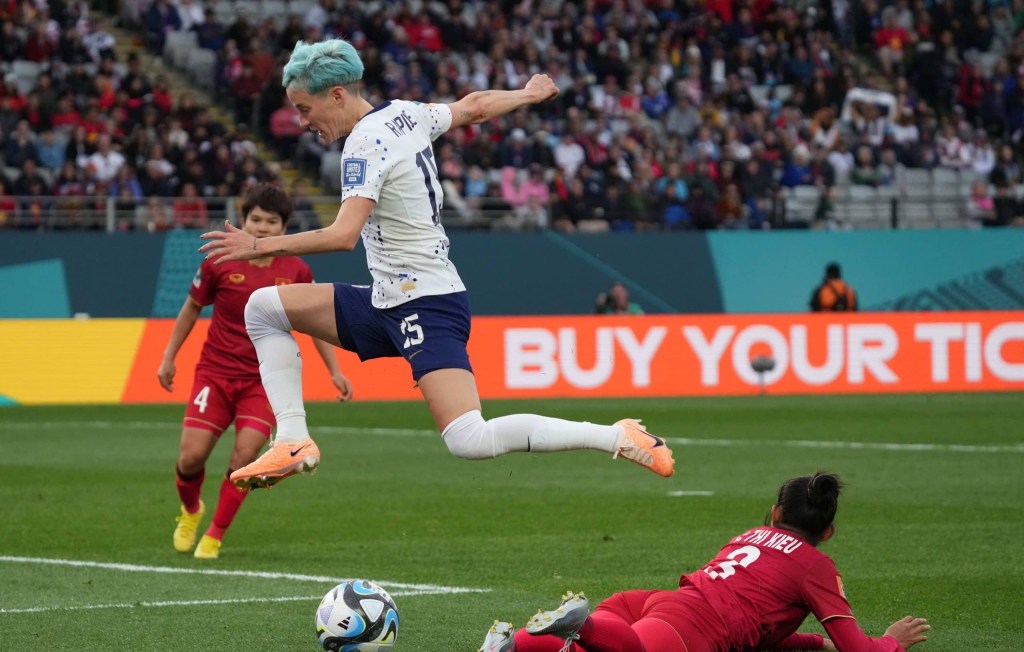
While sports like baseball and basketball have long understood the value of using data to move the game forward, others, like soccer, have been slower to catch up. Realizing this, the U.S. Soccer Federation had long toyed with how to best collect and leverage data to improve soccer performance. Just over two months ago, the federation decided to act on an idea it had for a while — by hosting a hackathon.
“There seemed to be too many benefits to ignore [it] any longer,” explained Ross Moses, the director of analytics and research for U.S. Soccer.
[the_ad_group id=”948″]
With roughly 60 days to plan, U.S. Soccer pulled together a weekend program and gathered hackers and data scientists from across the country for 24 hours of hacking geared at improving player performance. Timed to the World Cup final, the federation and hackers celebrated their hard work by watching the championship match.
Despite the short notice, U.S. Soccer saw a strong response. The 210 registration spots filled up quickly and as the date approached, the federation needed to turn people away as it reached capacity in its partner 1871’s facility space.
About half of the attendees came from universities and the federation plugged into data science programs from schools like Harvard, UCLA, and the University of Chicago.
“There’s a data science consortium here in Chicago that is just specializing in hackathons,” explained Moses, “So there’s this whole community that already exists and it was just a matter of getting the right contacts and getting the word out that way. It’s just all organic with email lists and organic social and word of mouth and it worked.”
U.S. Soccer spread the word by reaching out to contacts at technology companies, universities, and doing organic outreach through email lists, social campaigns, and straight word of mouth.
When imagining what was possible when it came to data collection, U.S. Soccer looked at what other sports were doing in the analytics space.
“There is so much data, but analytics, as a space, is so young, especially in sports. And then when you talk about analytics and soccer, it’s even younger,” Moses said.
Major League Baseball is the obvious leader in the sports analytics space, followed by basketball. Both sports have understood before many others the value of data and have leveraged it to propel the sport forward.
U.S. Soccer has a relationship with Major League Baseball and has taken to heart its feedback on the federation’s data infrastructure, not just on the commercial side, but on the sporting side as well.
Still, soccer presents a different set of analytical challenges than other sports.
“At a certain point, it’s 22 players on the field running around in organized chaos and there’s not a lot of scoring, so you’ve got to think of different ways to measure things. It takes time and it takes more than one organization and more than a couple of minds. It takes an army,” Moses said, explaining the unique challenges soccer faces compares to baseball or basketball.
“The biggest barrier is that producing the data costs time and money and there are big companies that specialize exclusively on doing this with Opta being arguably the biggest.”
It takes a lot of trust and planning for Opta, which supported U.S. Soccer for the hackathon, to take the data they have and share it with a large number of strangers for an event like this.
Collaborating with both Opta and 1871, one of the leading incubators, U.S. Soccer was able to share data from not just from the U.S. men’s and women’s national teams, but from organizations like Major League Soccer to broaden the depth and scope of data that could be mined.
U.S. Soccer acknowledges the current state of analytics in soccer and is committed to being an innovator in the space. Hosting the hackathon, which was the first soccer-specific hackathon held on U.S. soil and, one of the firsts held by a federation, demonstrates that. Some club teams, like FC Bayern Munich who hosted its inaugural hackathon earlier this year, are on a similar wavelength and have already started making progress in the space.
Despite being further behind other sports such as baseball and basketball, U.S. Soccer isn’t concerned.
[mc4wp_form id=”8260″]
“U.S. Soccer is one of the more forward-thinking organizations,” Moses said. “So [data] is a big pillar of what we do on a day to day basis. Our analytics department is very powerful and we’re growing quickly.”
Moses stressed how the goal of the hackathon was to accelerate the growth of soccer analytics. As U.S. Soccer looks to host similar events in the future, and with hopes to make the hackathon annual, that looks to be possible.

![[Subscription Customers Only] Jul 13, 2025; East Rutherford, New Jersey, USA; Chelsea FC midfielder Cole Palmer (10) celebrates winning the final of the 2025 FIFA Club World Cup at MetLife Stadium](https://frontofficesports.com/wp-content/uploads/2026/02/USATSI_26636703-scaled-e1770932227605.jpg?quality=100&w=1024)







